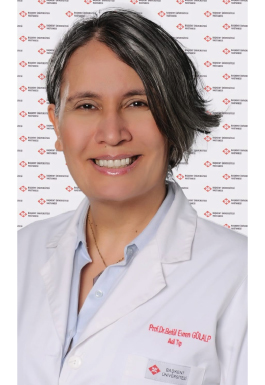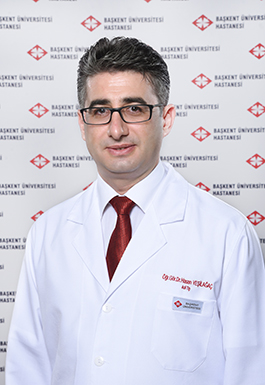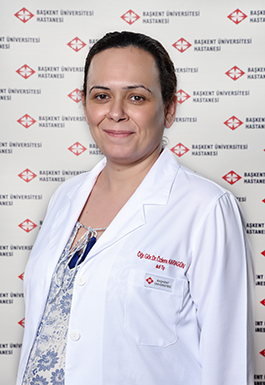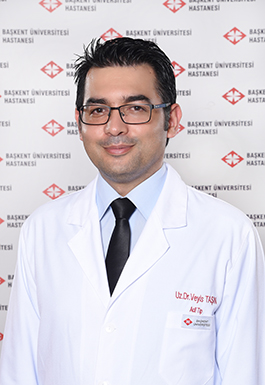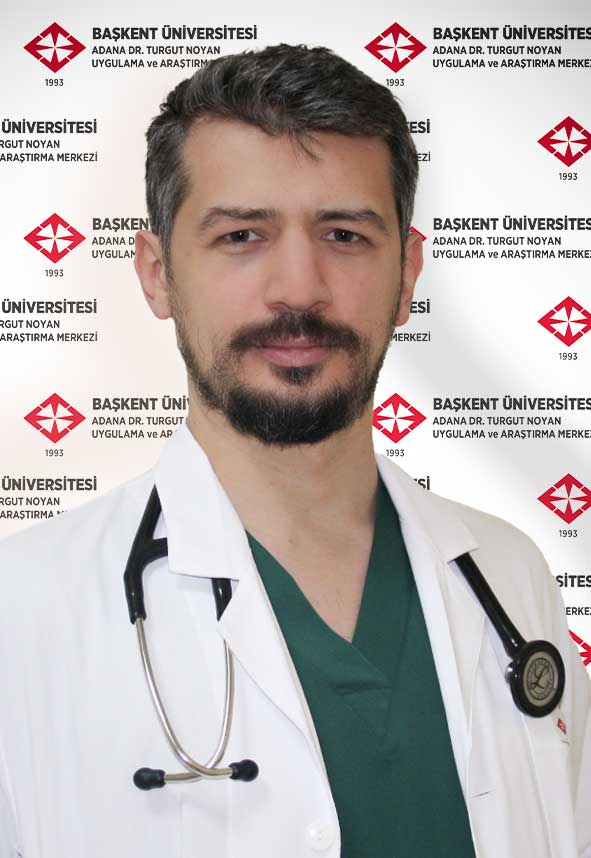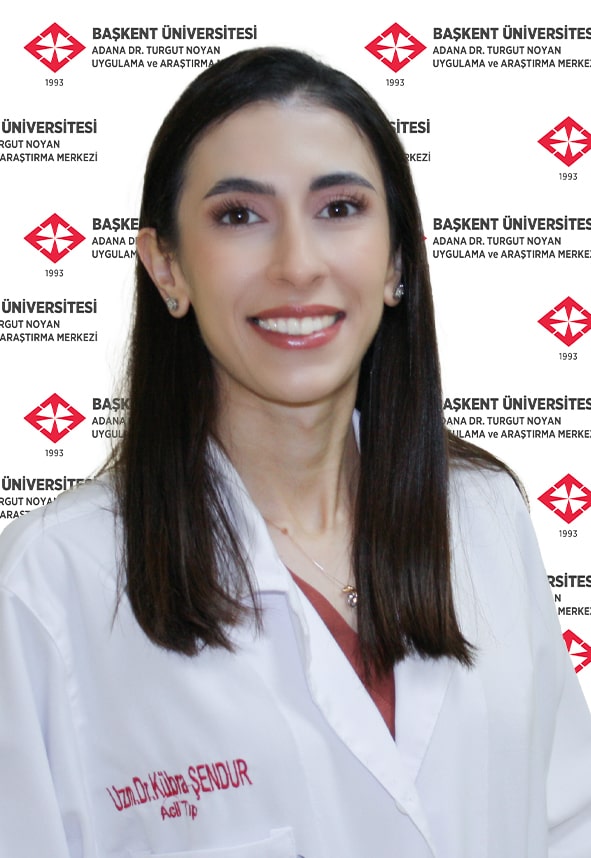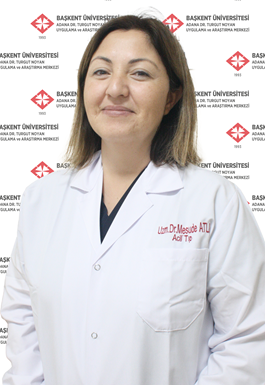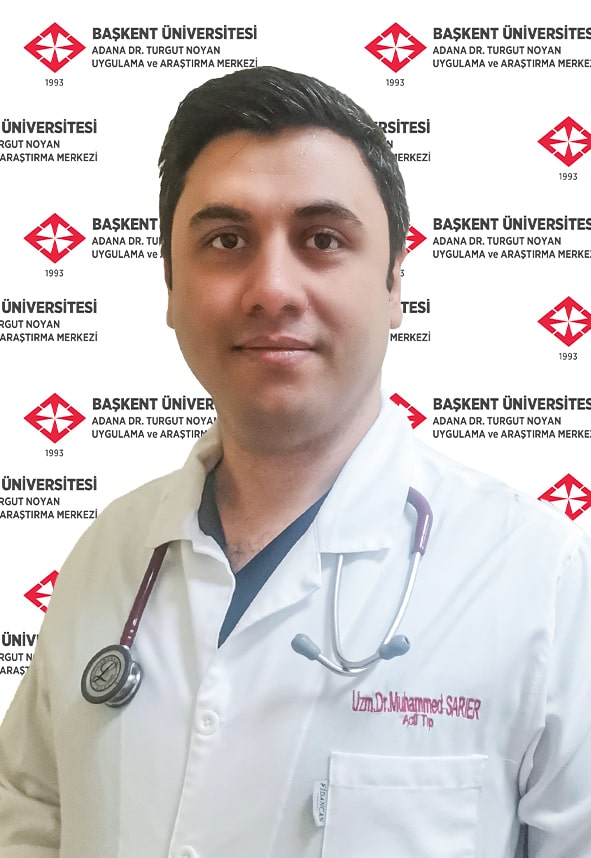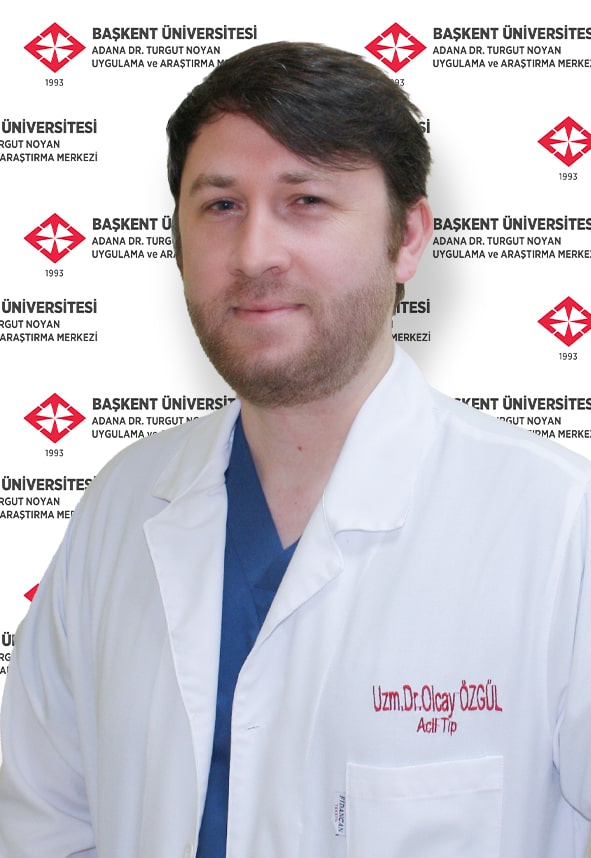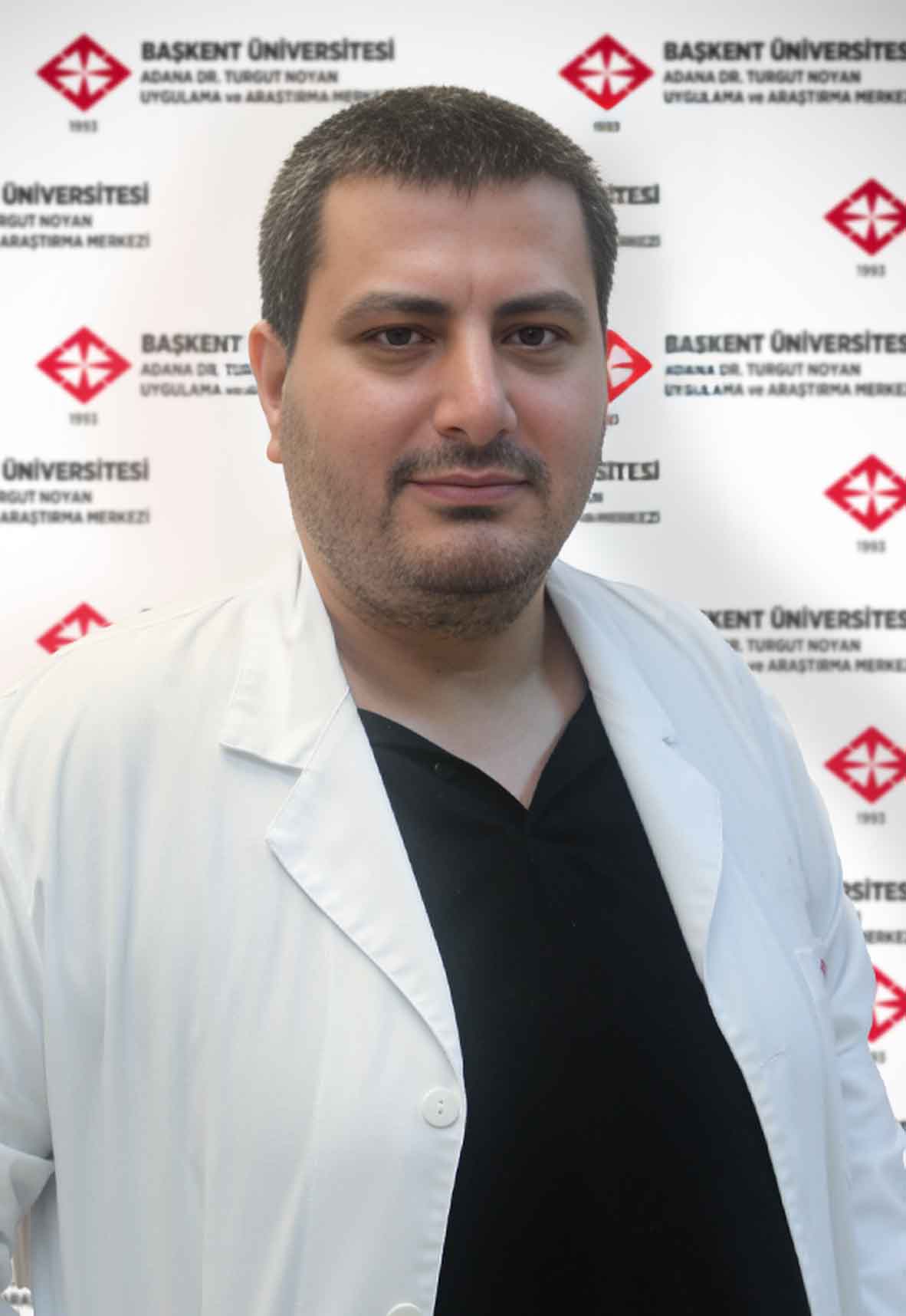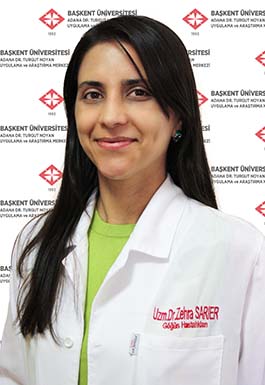Emergency Medicine Determines Life
The field of emergency medicine began globally with the initiation of emergency medicine residency training programs in 1970. In our country, Turkey, the first positions for this specialty were announced in the Medical Specialization Exam in April 1994, marking the start of training in this field.
Our emergency department, since its establishment in 2006, has been operated with goals and processes that meet international standards. All of our emergency services are affiliated with and function as part of the Emergency Medicine Department of Başkent University.
For the clinical and interventional competencies of an emergency medicine specialist, please refer to the Medical Specialization Board Curriculum Development and Standards Determination System - TUKMOS Emergency Medicine. For more information, visit [https://tuk.saglik.gov.tr/TR,50050/acil-tip.html](https://tuk.saglik.gov.tr/TR,50050/acil-tip.html).
Our approach encompasses patient-based, current, evidence-based science and necessities, along with algorithmic emergency medicine differential diagnosis, clinical imaging methods, treatments, and applications.
In non-life-threatening situations, we work in collaboration with patients' families. Human and legal values, empathy, and communication are fundamental.
All patients who present to the emergency department are directly under our clinic's care, regardless of their initial complaint. Our emergency medicine team determine and manage the course of action. In medically urgent situations, consultations and/or consultative imaging from other relevant specialties are requested.
Furthermore, as a university clinic, we conduct scientific research. Our emergency medicine department is open to national and international rotations in both Turkish and English (for application criteria and process, please contact via email). This also applies to emergency clinical ultrasonography.
We are also preparing remote English telemedicine services for international patients (for remote English video consultations, please contact via email).
* In any sudden and life-threatening situation or suspicion, immediately and only call your country's emergency phone number.
Remote clinical imaging is being prepared for limited and applicable areas.
Some of the main active resources and associations we follow include:
- Turkish Emergency Medicine Association
- Turkish Emergency Medicine Association Ultrasonography Working Group
- Turkish Journal of Emergency Medicine
- American College of Emergency Physicians
- American College of Emergency Physicians Emergency Ultrasound Section
- Annals of Emergency Medicine
Examples of situations where emergency medicine provides services include:
- Life support guidelines (basic, OED, advanced, adult, pediatric, neonatal, pregnant, trauma, special cases)
- Emergency airway
- Critical patient management
- Point-of-care emergency clinical ultrasonography for arrest, ARDS, dyspnea, chest pain, shock, syncope, EFAST, volume assessment, etc.
- Emergency arrhythmias, antiarrhythmics, defibrillation, cardioversion, shock, advanced airway, drug-induced intubation, emergency serums, vasopressors, emergency medications, acute coronary syndromes, anaphylaxis, angioedema, acute allergy, pulmonary thromboembolism, hypertensive emergencies, aortic aneurysm and dissection, pulmonary respiratory failure, pneumothorax, pneumonia, bronchitis, COPD, asthma, sepsis, emergency invasive procedures, trauma (head, chest, abdomen, extremity, vascular, spinal injuries), acute wound care, TIA, stroke, syncope, coma, causes of acute headache, vertigo, ileus and perforation, acute DVT and complications, musculoskeletal emergencies, acute and subacute arterial occlusions and thromboembolisms, acid-base disorders, thyroid disease emergencies, endocrine emergencies, renal and genitourinary emergencies, acute abdominal pain-nausea vomiting diarrhea, adrenal insufficiency and crisis, liver emergencies, upper and lower gastrointestinal bleeding, acute appendicitis, diverticulitis, pancreatitis, cholecystitis, esophageal, peptic, and gastric emergencies, hernia anorectal disorders in emergency situations, oncology-hematology emergencies, ear-nose-throat emergencies, pediatric emergencies, ectopic pregnancy, environmental emergencies, emergency childbirth, emergencies in pregnancy and postpartum, toxicology, disseminated intravascular coagulation, anticoagulants, emergencies related to antimicrobials, disaster medicine.
What is Emergency Medicine?
Emergency medicine is a specialty that evaluates and intervenes in acute illnesses or injuries that could result in death or disability if not promptly treated. It has been a distinct specialty since the early 1970s globally and since 1994 in Turkey, providing education and patient care services.
What is an Emergency Service?
An emergency service operates 24/7, 365 days a year, equipped to promptly and initially resolve the complaints and demands of patients who present to the hospital urgently, capable of identifying and treating the primary problem, and capable of providing short-term treatment and monitoring.
How to Utilize Emergency Services?
- If you see a child who is not breathing or has no pulse, immediately inform the first staff member you see and ask for help.
- Patients other than the above should first consult the nurses at the first section.
- The nurse will assess your complaints and place you in the queue for examination. Meanwhile, your registration will be processed by the secretary.
- If your child's condition worsens while waiting, inform the duty nurse for reassessment.
- If you have a file number previously given by Başkent Hospitals, providing it will expedite the process.
- A valid ID card with your Turkish Republic identity number will suffice to start the procedures.
- Once it's your turn, our doctors will listen to your child's complaints, maintain your file records, and perform an examination.
- The nurse will draw blood for tests if required and guide you to the relevant unit for radiological examinations.
- You can follow the results of these tests on the screen set up in our waiting room. Your nurse will inform your doctor about the results.
- In some cases, patients may need to be observed in the emergency service for a certain period for diagnosis or treatment. In such cases, we can observe your child for a short time in our observation room.
- It's your absolute right to get information about and visit your child. It's appropriate for a parent or primary caregiver to approach the relevant doctor for information.
- Remember, the more relatives the doctor provides information to, the more delay there will be in treatment.
- If your complaint involves legal authorities, please describe the incident accurately for the protection of your future rights and for us to provide correct treatment. We need to know the truth to provide the right treatment.
Why Might You Have to Wait in the Emergency Service?
- There might be a large number of patients, some of whom require immediate attention. This prioritization may cause delays for others.
- Diagnostic tests such as laboratory and X-rays take time to yield results.
- If your child's condition requires consultation with a specialist, waiting may be necessary for their assessment and consensus with the attending physician.
- Your child might be seen by multiple specialists. Time might be needed for them to exchange information to decide on the best treatment plan.
- If your child is admitted, preparing your bed on the upper floors might take time.
- Sometimes, we might need to talk to the doctor who first saw you or refer to previous information in your hospital file.
- There might not be an available bed in the relevant department. If no suitable bed is found in other hospitals in Adana, waiting might be necessary.
- For any delays in our emergency outpatient clinic, you can ask for explanations from the doctors treating you.
- Remember, our emergency outpatient clinic is established to examine and treat children who cannot wait for an appointment and who might develop life-threatening conditions if not treated urgently.
